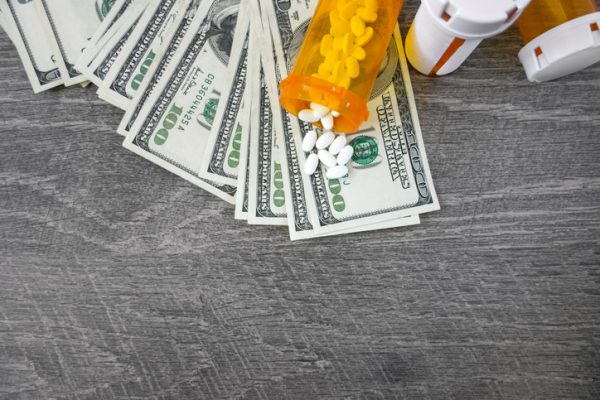
The Department of Justice has indicted the world’s largest generic drug company, accusing it of participating in three alleged conspiracies with other generic drugmakers that resulted in consumers being overcharged by at least $350 million. The charges mark the third significant legal action against the company this month.
The indictment, filed Tuesday in the U.S. District Court for the Eastern District of Pennsylvania, in Philadelphia, alleges that Teva Pharmaceuticals USA, the U.S. subsidiary of Tel Aviv-based Teva Pharmaceutical Industries, conspired with Glenmark Pharmaceuticals and Apotex, Taro Pharmaceuticals U.S.A. and Sandoz. The conspiracies allegedly involved agreements to raise prices, rig bids and allocate customers for generic drugs for pain, autoimmune diseases, cholesterol, cancer, cystic fibrosis and other diseases. Apotex, Taro and Sandoz have admitted their roles in the alleged conspiracies and paid penalties respectively totaling $24.1 million, $205.7 million and $195 million, while Glenmark was indicted last month.

Reducing Clinical and Staff Burnout with AI Automation
As technology advances, AI-powered tools will increasingly reduce the administrative burdens on healthcare providers.
“Today’s charge reaffirms that no company is too big to be prosecuted for its role in conspiracies that led to substantially higher prices for generic drugs relied on by millions of Americans,” Assistant Attorney General Makan Delrahim, who works in the department division dealing with antitrust cases, said in a statement. “The division will continue to work closely with our law enforcement partners to ensure that companies that blatantly cheat consumers of the benefits of free markets are prosecuted to the full extent of the law.”
The department noted that Teva is the seventh company to be charged in such a conspiracy, and each alleged offense carries a maximum penalty of $100 million for companies, or twice the money gained through the crime or the loss suffered by victims if either amount exceeds $100 million.
In a statement Wednesday, Teva denied that it had participated in price fixing and said it had been investigating the matter for more than four years. “Based on our internal review, Teva firmly rejects the allegations and will vigorously defend the Company in court,” the statement read.
The indictment follows by a little more than a week news on Aug. 18 that the Justice Department had also filed suit in Boston federal court alleging that Teva had illegally paid charitable foundations to cover copayments for Copaxone (glatiramer acetate), a drug for multiple sclerosis. That same day, New York’s state Department of Financial Services filed suit against Teva as well as Allergan – now part of AbbVie – alleging that they engaged in fraudulent marketing and promotional campaigns misrepresenting the safety of opioid drugs, thereby contributing to the opioid crisis.
Photo: gerenme, Getty Images










